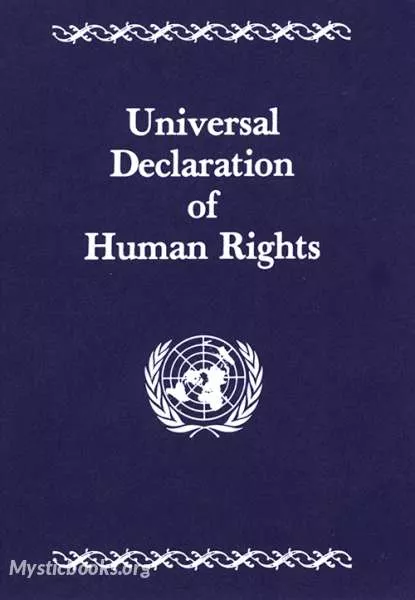
Universal Declaration of Human Rights, Volume 01
'Universal Declaration of Human Rights, Volume 01' Summary
Considered a foundational text in the history of human and civil rights, the Declaration consists of 30 articles detailing an individual's "basic rights and fundamental freedoms" and affirming their universal character as inherent, inalienable, and applicable to all human beings. Adopted as a "common standard of achievement for all peoples and all nations", the UDHR commits nations to recognize all humans as being "born free and equal in dignity and rights" regardless of "nationality, place of residence, gender, national or ethnic origin, colour, religion, language, or any other status". The Declaration is considered a "milestone document" for its "universalist language", which makes no reference to a particular culture, political system, or religion. It directly inspired the development of international human rights law, and was the first step in the formulation of the International Bill of Human Rights, which was completed in 1966 and came into force in 1976.
Although not legally binding, the contents of the UDHR have been elaborated and incorporated into subsequent international treaties, regional human rights instruments, and national constitutions and legal codes. All 193 member states of the United Nations have ratified at least one of the nine binding treaties influenced by the Declaration, with the vast majority ratifying four or more. Some legal scholars have argued that because countries have consistently invoked the Declaration for more than 50 years, it has become binding as part of customary international law, although courts in some nations have been more restrictive on its legal effect. Nevertheless, the UDHR has influenced legal, political, and social developments on both the global and national levels, with its significance partly evidenced by its 524 translations, the most of any document in history.
Book Details
Language
EnglishOriginal Language
French, EnglishPublished In
1948Authors

The United Nations (UN) is an intergovernmental organization that aims to maintain international peace and security, develop friendly relations among nations, achieve international cooperation, and be...
Books by United NationsDownload eBooks
Unfortunately, no ebooks exist for this book, yet...
Listen/Download Audiobook
- Select Speed
Related books

Lectures of Col. R. G. Ingersoll, Volume 1 by Robert Ingersoll
Colonel Robert Green Ingersoll was a Civil War veteran, American political leader and orator during the Golden Age of Freethought, noted for his defen...
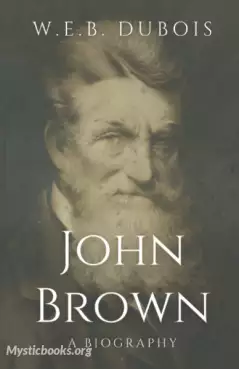
John Brown by William E. B. Du Bois
John Brown is a biography written by W. E. B. Du Bois about the abolitionist John Brown. Published in 1909, it tells the story of John Brown, from his...

Captivity of Nearly Three Years Among the Savages of Nootka Sound by John R. Jewitt
This book presents the firsthand account of John R. Jewitt, a blacksmith who spent nearly three years as a slave among the Nuu-chah-nulth people of No...

Wage-Labour and Capital by Karl Marx
"Wage Labour and Capital" is an 1847 economics essay by Karl Marx, first published in articles in the Neue Rheinische Zeitung in April 1849. It is wid...
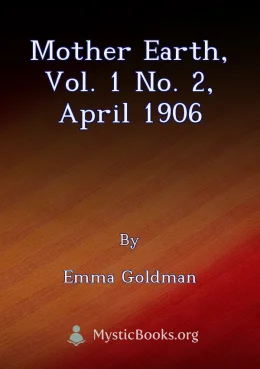
Mother Earth, Vol. 1 No. 2, April 1906 by Emma Goldman
Mother Earth, Vol. 1 No. 2, April 1906, is a landmark issue of the anarchist journal founded by Emma Goldman. This edition features a diverse range o...
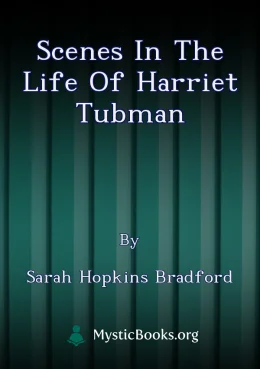
Scenes in the Life of Harriet Tubman by Sarah Hopkins Bradford
This book provides a detailed and personal account of Harriet Tubman's life, detailing her experiences as a slave in Maryland, her courageous escape t...
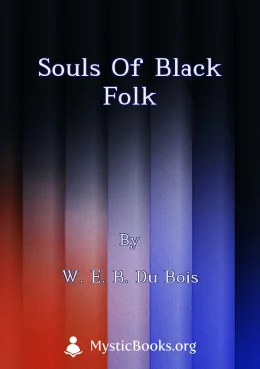
Souls of Black Folk by W. E. B. Du Bois
The Souls of Black Folk is a well-known work of African-American literature by activist W.E.B. Du Bois. The book, published in 1903, contains several...
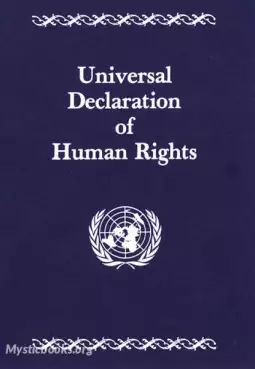
Universal Declaration of Human Rights, Volume 03 by United Nations
The Universal Declaration of Human Rights (UDHR) is an international document adopted by the United Nations General Assembly that enshrines the rights...

A Narrative of the Most Remarkable Particulars in the Life of James Albert Ukawsaw Gronniosaw by Ukawsaw Gronniosaw
Ukawsaw Gronniosaw, also known as James Albert, (born ca. 1705 - 1775) was a freed slave and autobiographer. His autobiography is considered the first...
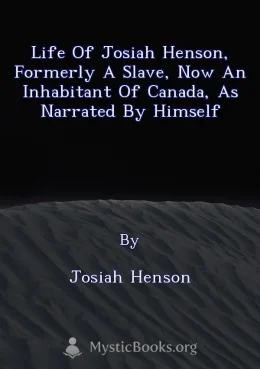
Life of Josiah Henson, Formerly a Slave, Now an Inhabitant of Canada, as Narrated by Himself by Josiah Henson
Josiah Henson's autobiography, which became the inspiration for Harriet Beecher Stowe's 'Uncle Tom's Cabin,' chronicles his harrowing journey from sla...
Reviews for Universal Declaration of Human Rights, Volume 01
No reviews posted or approved, yet...